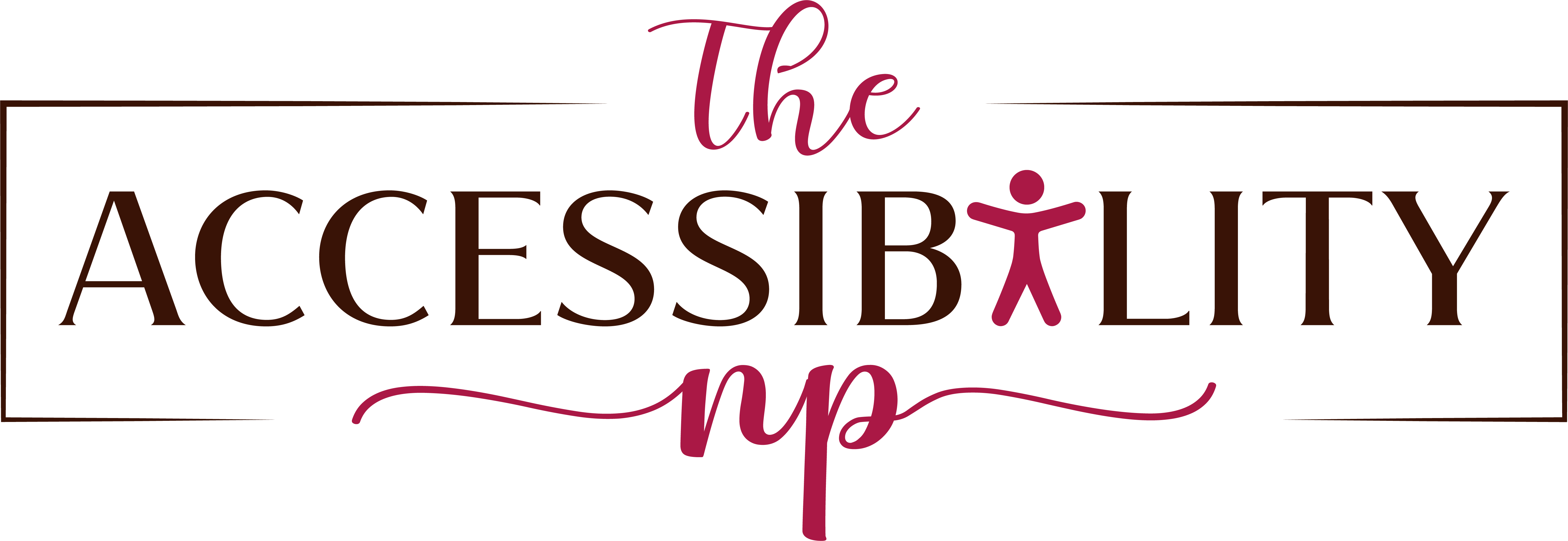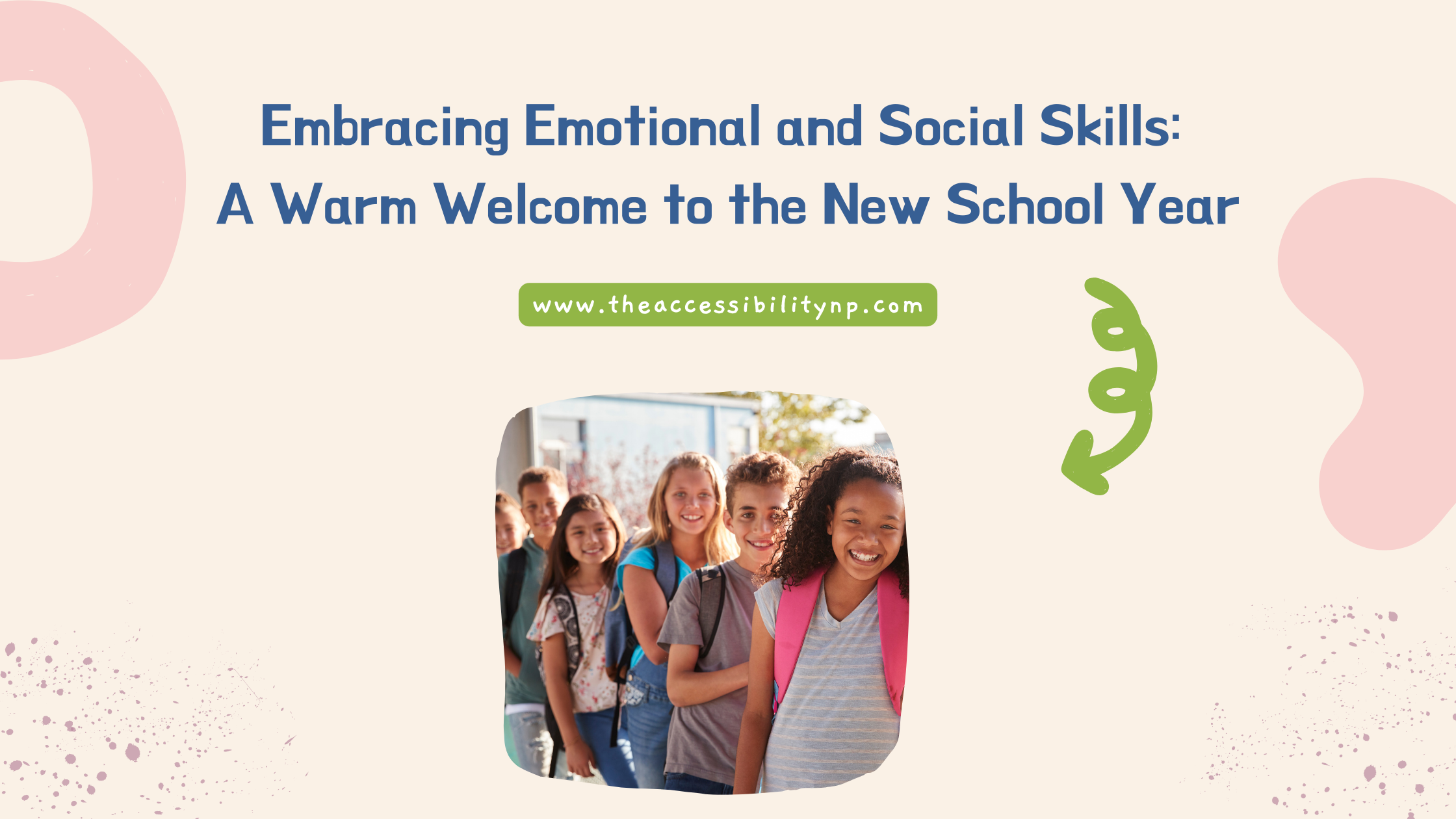As the new school year approaches, a sense of excitement fills the air. This is a time of fresh starts and new friendships, but it can also bring feelings of nervousness and uncertainty—especially for students who are disabled. By embracing the development of emotional and social skills, we can create a nurturing environment where every student feels prepared to thrive.
Understanding the Heart of Emotional and Social Skills
Emotional and social skills are the heartbeat of our interactions and personal growth. For students who are disabled, these skills are key to navigating the classroom, forming friendships, and expressing themselves confidently
Cultivating Emotional Intelligence in the Classroom
Emotional intelligence is about connecting heart to heart—recognizing our emotions and those of others. Here’s how teachers can nurture this vital skill:
- Encouraging self-awareness: Let’s help our students explore and express their feelings. Activities like mood charts or morning circles where students can share how they’re feeling create a trusting classroom atmosphere.
- Teaching self-regulation: We can guide our students in discovering how to calm themselves during stressful times. Simple techniques like deep breathing, gentle stretches, or quiet time can make a big difference.
- Cultivating empathy: By sharing stories and experiences, students can learn to walk in each other’s shoes. This empathy builds a classroom community that’s supportive and caring.
Social Skills Training: A Gentle Guide for Teachers and Parents
Social skills are the stepping stones to meaningful interactions. Here are some nurturing ways to enhance these skills:
- Communication skills: Let’s role-play conversations and practice listening skills that help students engage more deeply with their peers.
- Understanding social cues: Using visual aids and real-life scenarios, we can help students pick up on the subtle social signals that make communication smoother.
- Conflict resolution: We can teach our students peaceful ways to solve disagreements and encourage them to express their feelings and needs verbally.
Parents are the first teachers of empathy and kindness. Here’s how they can continue to support their children’s emotional and social development:
- Modeling positive behavior: When children see their parents handling emotions wisely and interacting kindly, they learn to do the same.
- Encouraging social interaction: Setting up playdates or group activities can be a fun way for children to practice their budding social skills.
- Providing consistent support: Having regular heart-to-heart talks about school, friends, and feelings reinforces children’s confidence to share their inner world.
An inclusive classroom is a place where everyone feels valued and respected. Here are some ways to create such an environment:
- Use of inclusive teaching methods: Methods that involve students working together, like group projects or peer tutoring, help everyone feel included and valued.
- Celebrating diversity: Let’s enjoy and learn from our differences. Activities that showcase various cultures and abilities teach respect and appreciation for everyone.
- Anti-bullying policies: A clear stand against bullying makes the classroom a safer place for all hearts and minds.
Technology can help bridge gaps and build bonds. Here are some tools that can enhance emotional and social learning:
- Interactive games that teach social skills: These games are not only fun but also provide safe spaces for students to practice new skills.
- Emotion recognition software: This can be particularly helpful for students who find it challenging to interpret emotions, helping them connect better with others.
- Communication platforms for collaborative projects: These tools encourage teamwork and communication, fostering friendships and cooperation.
Final Thoughts…
As we step into this school year, let’s focus on nurturing the emotional and social well-being of our students. Together, teachers, parents, and the broader community can cultivate an educational journey that’s rich in love, learning, and mutual respect. Here’s to a year filled with growth, connections, and heartfelt moments!

